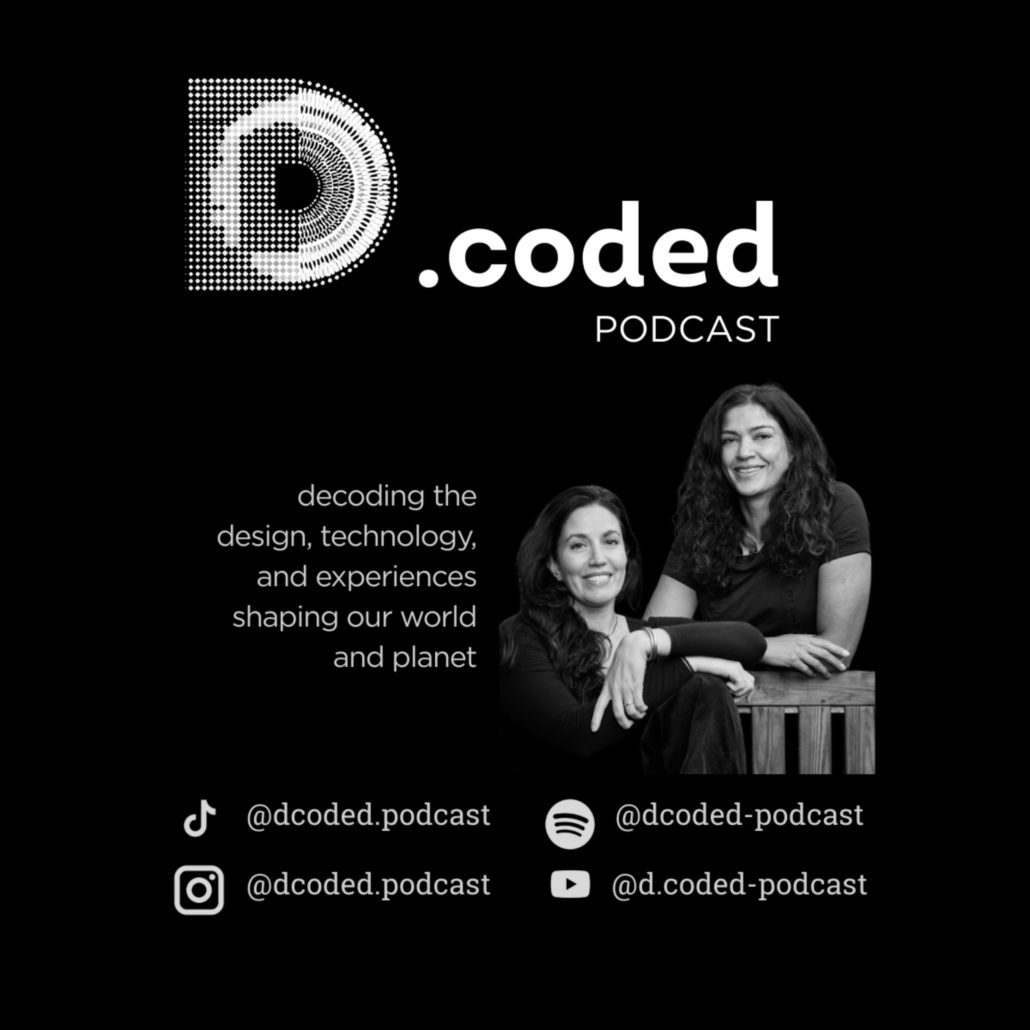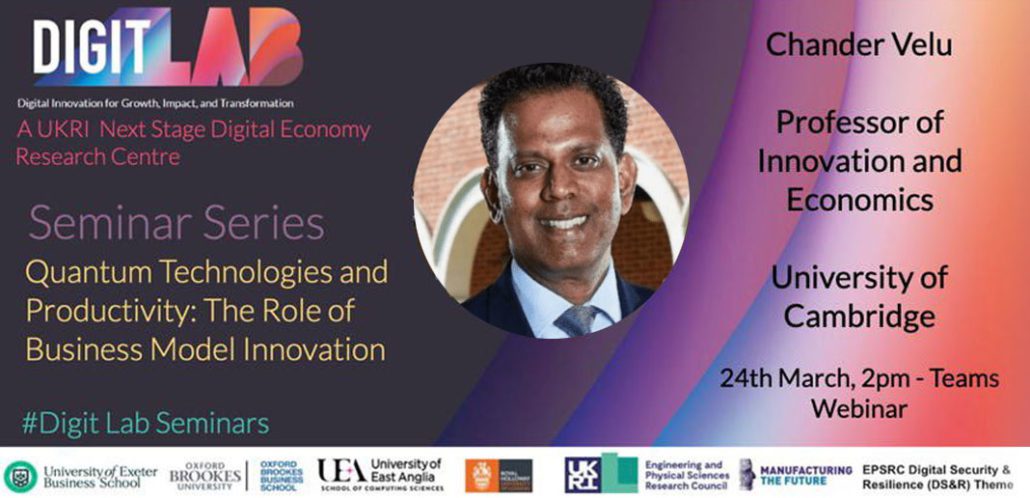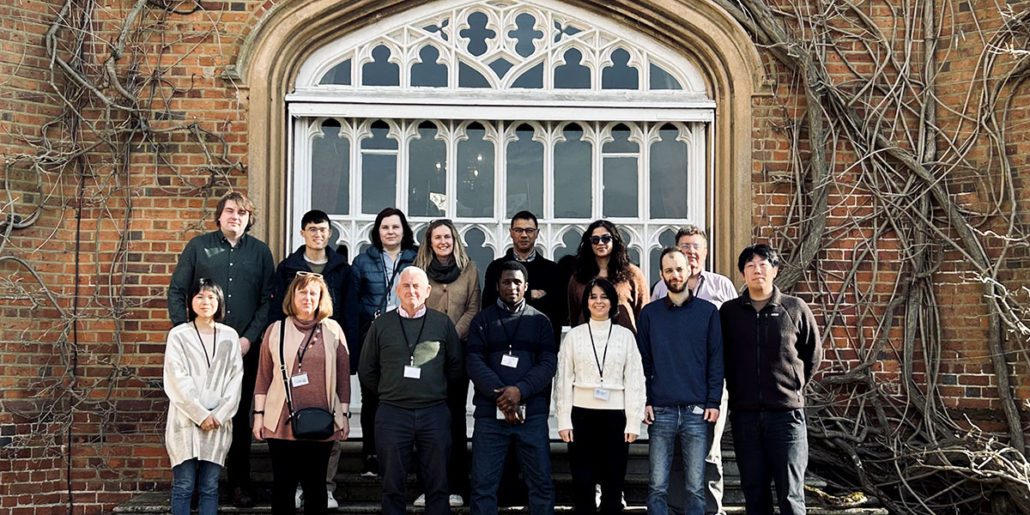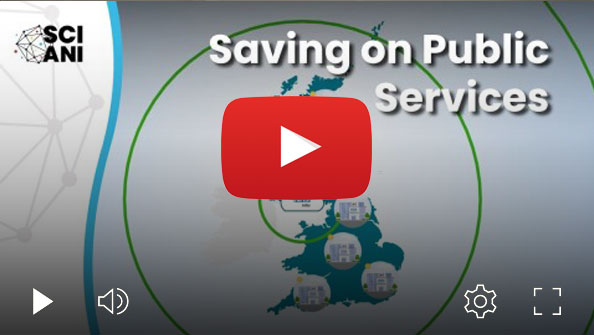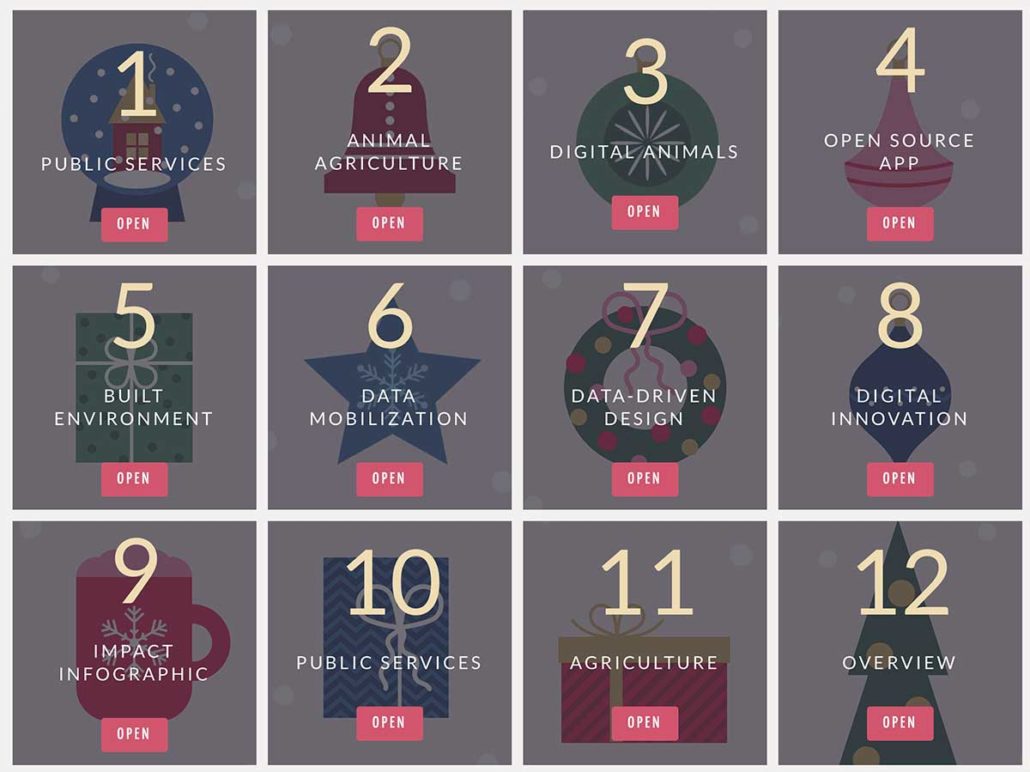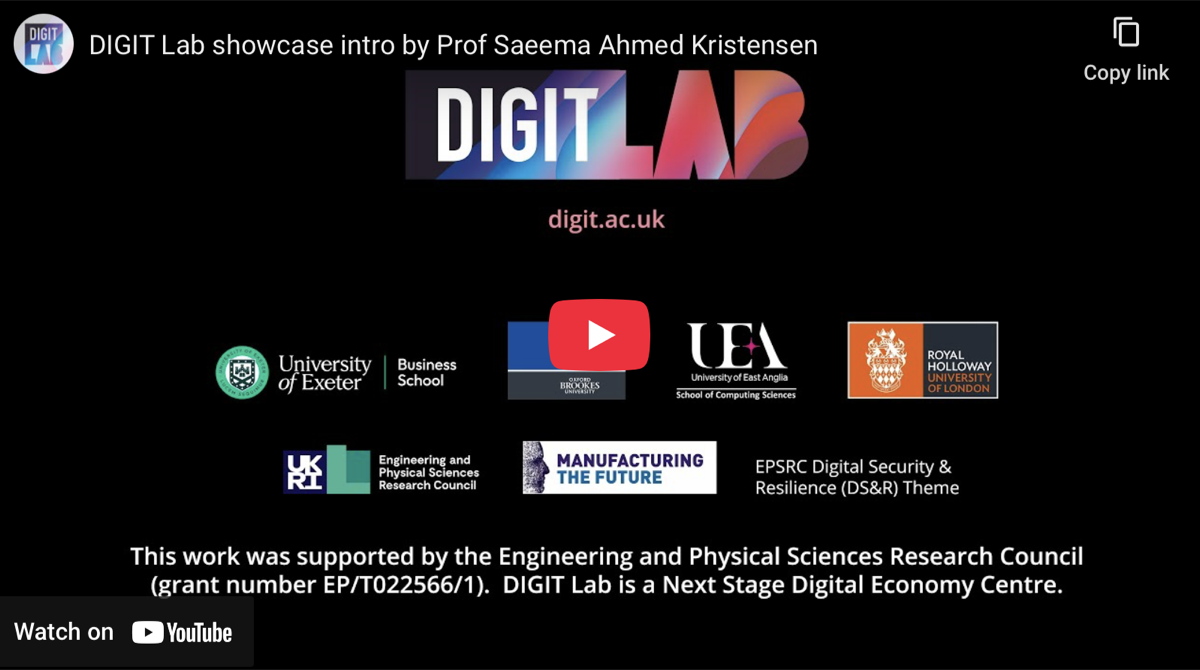
Director Professor Saeema Ahmed-Kristensen introduces the programme
Flagship National Digital Research Centre
Launched in 2021, the DIGIT Lab is an Engineering and Physical Science Research Council (EPSRC) 5-year funded Next Stage Digital Economy Research Centre.
DIGIT Lab accelerates digital innovation and digital transformation in Large Established Organizations (LEOs). DIGIT Lab is led by the University of Exeter, in collaboration with our academic and industry partners. We are backed by over £12M in funding.
The multidisciplinary team works with a broad community of academics, practitioners, and policymakers across multiple domains, delivering new research insights into digital transformation.
Research themes

Technology adoption: maturing of technology, scaling and broadening its use
Technology Adoption
People
Led by Professor Gerard Parr supported by Dr Gokcen Yilmaz, Dr Edwin Ren, Dr Ben Milner, Dr Yusuf Tukur
Research Challenge questions
Our activities are concerned with the role and impact of latest digital technologies across large organisations. To that end, we have a number of top-level research questions:
1. What is the relevance of key technologies such as 5G, Internet of Things, Cloud Computing, Future Networks, AI, or Data Analytics to current organisational structures?
2. What are the barriers to adoption and integration of the technologies into existing business models?
3. What methodologies need to be developed to demonstrate that new technology adoption will actually benefit the organisation?
4. What KPIs need to be captured to estimate the cost benefits of investing in new technologies and opportunities for enhanced security and decision making?
5. Can novel technology adoption improve ways of working and promote ED&I across the organisation?
About
The work will explore the state of the art in the physical hardware, services and applications that will impact on the Digital Transformation strategies for large organisations.
There is huge variability across the different sectors of the UK economy and indeed large government departments. Some sectors, such as FinTech, ICT industry, Software Houses are able to assess and absorb the benefits of deploying new technologies to support their ways or working.
Other sectors linked to traditional industries in Manufacturing, Construction, Agr-Business, Energy, Textiles, Supply Chains and Insurance will have different challenges based on their different products and customer base.
In all of these, DIGIT Lab will help the organisations to investigate opportunities for innovation diffusion through the use of new technologies customised to their operational environment and help them assess and predict the impact on their legacy systems and employees.
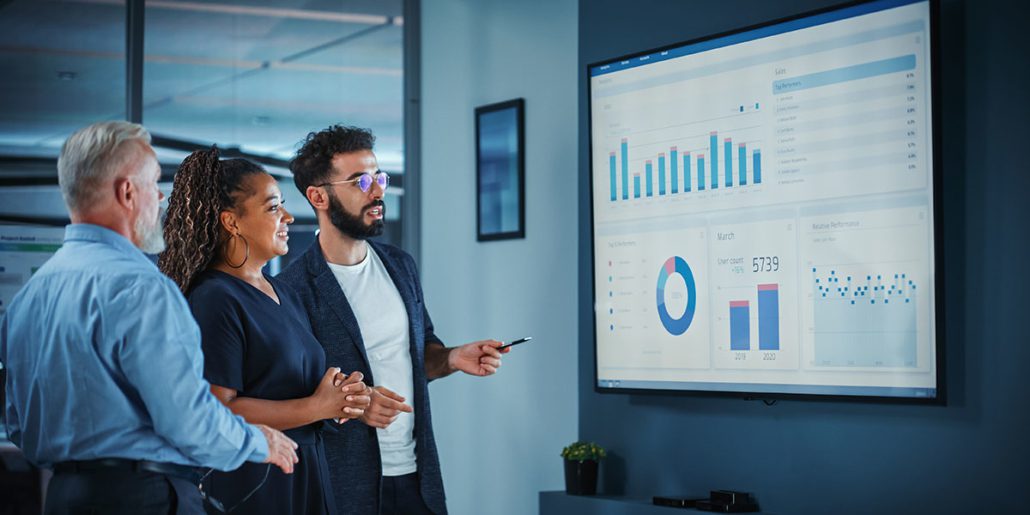
Business models: new products and services, efficiency and outcome-based models
Business Model data exchange
People
Led by Profs Maull and Vorley, supported by Dr Tzameret Rubin and Dr Jeremy Zwiegalaar
Key Research Challenge
Business Models
• Identify different types of business model emerging from digitalisation?
• What are the main challenges in business model innovation?
• What approaches to business model innovation are appropriate to what contexts (what works where)?
• What are the paths to digitalisation?
Digital Business Model Tool
We define business models as having three components: value proposition (the what), value capture (how it is monetised) and value delivery (how is it produced and delivered). As a group we are committed to a focus on ‘value in use’ and the opportunities that offers in a world where data may be collected from ‘use’ to inform, design, manufacturing, re-use etc.
WP2 aims to engage with Large Established Organisations (LEOs) to examine the organisations’ business models’ effectiveness and so that they can identify areas of opportunities to develop new business models. Specifically, how digital technologies can change the relationship with their customers – new or existing ones; their revenue model; or how using their resources (human, data, networks) can change their business models.
We have developed a process that takes organisations through a series of questions to enable them to envision how digital technologies may be adopted and ways that can transform the organisation’s business model. We start with the conceptualisation of new potential ways of doing business, through motivation for a change, to the outcome of generating post-intervention outputs, that can assist LEOs in shaping their digital transformation strategy.
A closely related second phase of work is on how organisations exchange data in a secure environment, e.g. extended supply chains. As data is the key resource of the digital age we are exploring how organisations can share data in a secure way. This may be through data trusts or data exchanges. In this works we continue to engage with the Digital Supply Chain Hub at Digital Catapult and building on our report for the Food Standards Agency.

Organisational structures, processes, decision-making, leadership, etc.
Organisational Structures
People
Contact: l.white2@exeter.ac.uk
Led by Professor Leroy White, supported by Dr Dimitris Batolas
Key Research Challenge
The impact on Organisational Structures and practices from
(i) Data mobilisation
- How do factors such as data as a resource and digital technological developments impact upon organisational processes and structures?
- In terms of digital transformation and resource mobilisation in the workplace, what are the factors affecting workplace relationships, particularly ones that affect autonomy, competence, and connectedness?
- How can we develop organisations through data mobilisation, digital technologies and platforms to promote responsible digital transformation?
(ii) Machine learning and AI
- Given the increasingly prevalence of machine learning algorithms and artificial intelligence in organisations, how can we design and evaluate responsible digital transformation?
- How can we influence senior-level leaders to see the adoption of AI and digital transformation responsibly?
Develop Organisational Systems Tool (OST)
In this work package, we will consider how digital technologies transform:
Organisational readiness for digital transformation
Adopting digital technology often calls for fundamental understanding of organisational readiness and this work package will produce a methodology for how organisational readiness can be measured.
Organisational Working Practices
Evidence is increasing that traditional command and control practices are often too rigid for working in a digital world and that ways of interacting between organisational members, suppliers, customers and even competitors need to quickly adapt. These changes challenge existing values, attitudes and behaviours, requiring careful analysis. We will develop use cases on best practices for adoption.
Organisational Trust
We want to understand how digital technologies affect trust, and test mechanisms to retain or build trust during digital transformation.

Wellbeing, workplace stress, job design, performance
Wellbeing
People
Contact: david.plans@rhul.ac.uk
Led by Dr David Plans supported by Dr Jonathan Bird and Dr Hane Aung
Key Research Challenge
Will an Open Source software architecture to measure wellbeing remotely be able to help in both consumer and clinical applications?

Digital Innovation, data-driven design, data-driven decision making
Digital Innovation
People
Contact: S.Ahmed-Kristensen@exeter.ac.uk
Led by Prof Ahmed-Kristensen, supported by Dr Ji Han, Dr Beth Kewell, Prof Mark Thompson
Key Research Challenge
- Investigate the opportunities and limitations in the adoption of digital technologies, in particular, data and the use of generative AI, to inform the designs of products, systems and services.
- Investigate the servitization of platforms through digital technologies
- Explore and define ways in which digital technologies, AI, Data and Quantum, could be employed for data-driven decision-making, data-driven innovation and design, whilst considering the human in the loop.
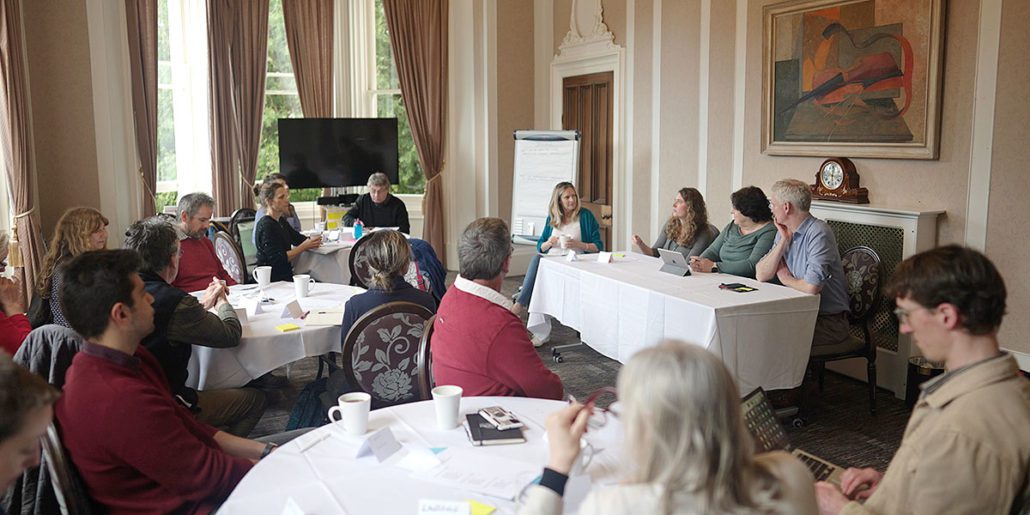
Responsible Innovation
Responsible Innovation
People
Contact: sarah.hartley@exeter.ac.uk
Led by Professor Sarah Hartley supported by Dr Hugh Williamson
Key Research Challenge
- How can we foster digital transformations that are inclusive, anticipatory and responsive to the needs and values of society and nature?
- How should digital technologies and data be used and governed in animal farming to benefit diverse stakeholders, animals, and the environment?
Impact, News and Events
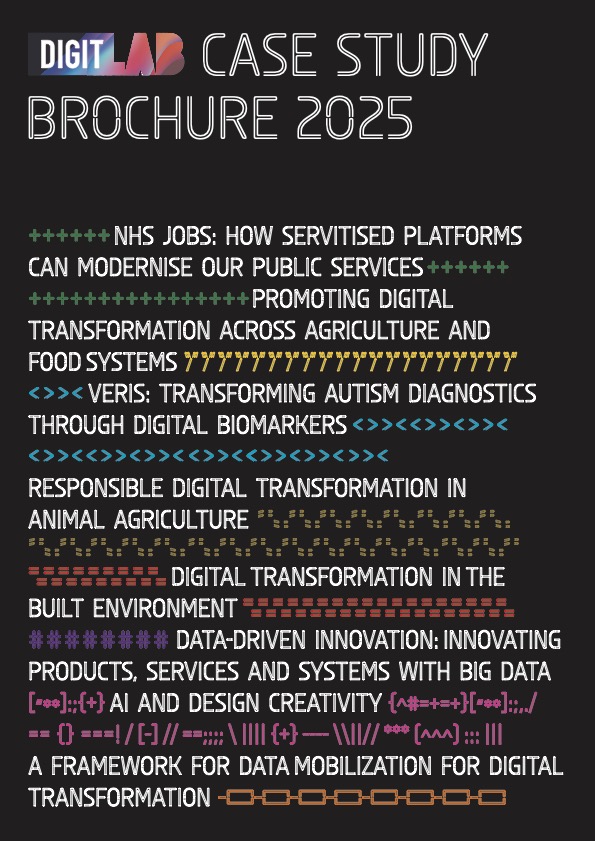
DIGIT Lab has now been an active centre for three years, with many projects with industry and public organisations. We have reported some of our cases with industry and include three sector briefings for digital adoption in our case study brochure.

